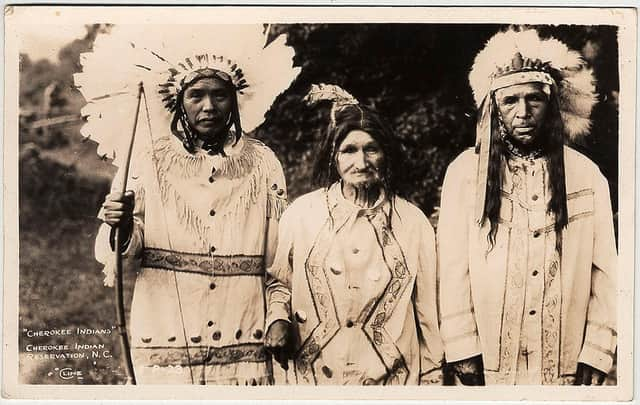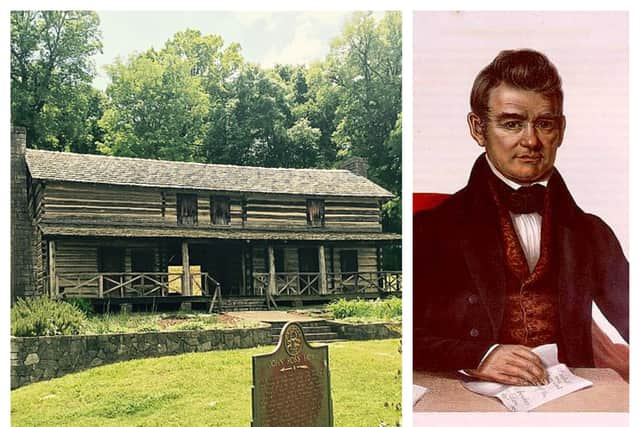The Highlander who led the Cherokee for almost 40 years


John Ross, whose family were originally from Sutherland, became a powerful leader of the Cherokee people after his father emigrated to the United States.
Ross went on to play a critical role in protecting the rights of the indigenous people with him imprisoned and left without a home as he fought against the corruption of forced sales of Cherokee land that was coveted by European settlers as prime cotton growing terrain.


Advertisement
Hide AdAdvertisement
Hide AdRoss went on to lead his people on the Trail of Tears, a route that spanned thousands of miles from traditional lands inhabited by indigenous populations on the east of the Mississippi - including sGeorgia, Alabama and Tennessee - to a new designated Indian Territory in present-day Oklahoma.
At least 4,000 Cherokee died on the journey to this unknown western prairie - including Ross’s wife Quatie - with most buried in unmarked graves on the way.
Ross’s campaigning work to improve the route, make it safer and easier to survive, is credited with saving the lives of many more.
Jason Ubych of Tain and District Museum and Clan Ross Centre, said: “John led the struggle by the Cherokee people against forced and brutal relocation from their homeland in 1838, a story that has many similarities to the clearances in the Highlands being perpetrated at the same time.”
John’s father, Daniel, left Sutherland for America as a young boy with his parents in the 1760s, although the reason for their departure is not entirely clear.
John Ross was born in 1790 at Turkeytown in Alabama and his mother - whose father John MacDonald was also Scottish - was one-quarter Cherokee.
By 1800, the Cherokee Nation was educated and literate with John growing up bilingual and bicultural as a result.
Mr Ubych said: “The Cherokee Nation, by the 1800s, may not have been quite how you would imagine it, with many being of mixed race, they had embraced formal education, developing a written language the tribe enjoyed a higher rate of literacy than many of the European settlers, who were putting them under increasing pressure for their land and well-stocked modern farms.”
Advertisement
Hide AdAdvertisement
Hide Ad